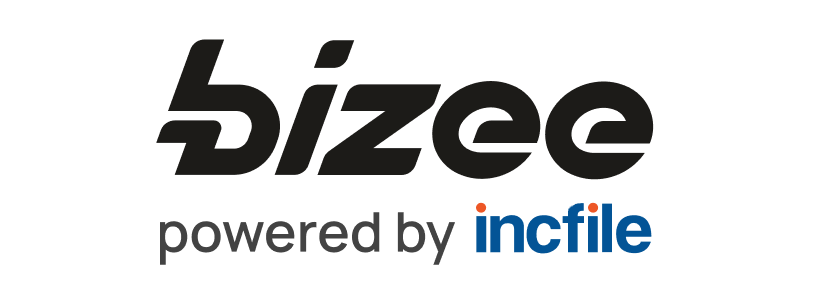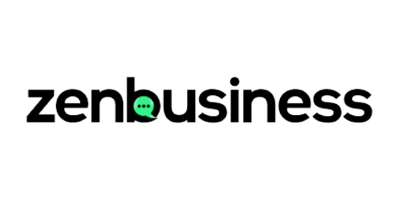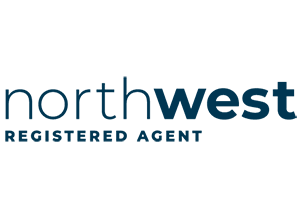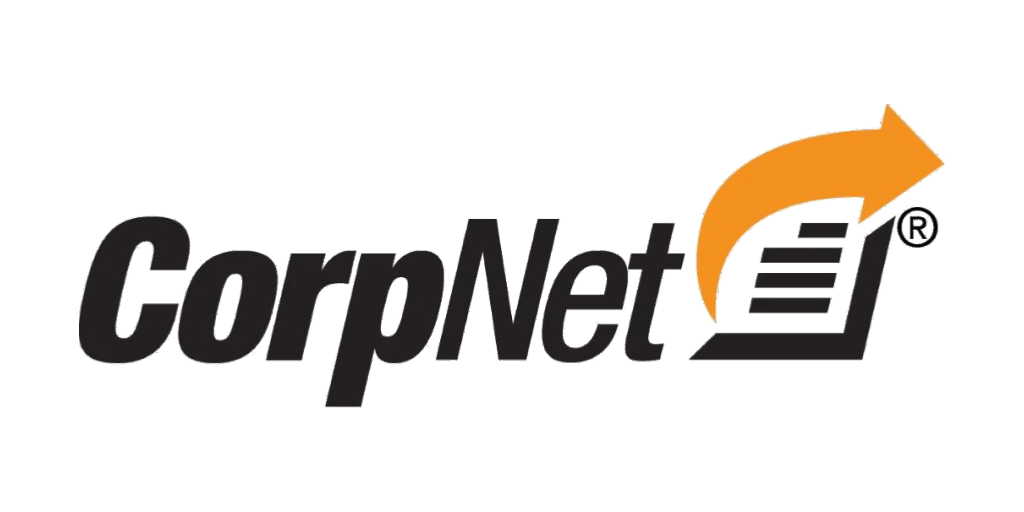Best Sole Proprietorship Services
Compare top-rated Sole Proprietorship services to find the best fit for your business

Staff Writer
Arorix Editorial Team
Updated: June 14, 2025
1

9.8
EXCELLENT
2

9.0
EXCELLENT
Best for Long-Term Tools
- $99 + state fees
- Name check, compliance tools
- Optional EIN setup
3

8.8
EXCELLENT
Best for Private Support
- $100+ + state fees
- Business address + direct help
- No upsells, privacy-focused
4

8.5
EXCELLENT
Best for Hands-On Guidance
- $108 + state fees
- Full-service DBA + alerts
- License research + EIN add-ons
5

8.0
EXCELLENT
Best for Brand Recognition
- $99–$129 + state fees
- DBA + optional legal tools
- Trusted, well-known brand
6

7.8
EXCELLENT
Best for Branding-Focused Setup
- $199+ + state fees
- DBA with logo, domain, site
- For solopreneurs building a brand
Looking for a Complete All-in-One Solution?

9.9
Best Overall Business Launch Solution
- EIN, docs, & custom branding included
- Access to Arorix OS™ business dashboard
- Website, CRM, and automation tools built-in
Our Top 3 Services
1

Best for Budget Filing
- $99 + state fees
- Basic DBA setup
- Fast, affordable platform
9.8
2

Best for Long-Term Tools
- $99 + state fees
- Name check, compliance tools
- Optional EIN setup
9.0
EXCELLENT
3

Best for Private Support
- $100+ + state fees
- Business address + direct help
- No upsells, privacy-focused
8.8
EXCELLENT
4

Best for Hands-On Guidance
- $108 + state fees
- Full-service DBA + alerts
- License research + EIN add-ons
8.5
EXCELLENT
5

Best for Brand Recognition
- $99–$129 + state fees
- DBA + optional legal tools
- Trusted, well-known brand
8.0
6

Best for Branding-Focused Setup
- $199+ + state fees
- DBA with logo, domain, site
- For solopreneurs building a brand
Looking for a Complete All-in-One Solution?

Best Overall Business Launch Solution
- EIN, docs, & custom branding included
- Access to Arorix OS™ business dashboard
- Website, CRM, and automation tools built-in
9.9
Starting a sole prop is simple—filing services make it smoother. They help register your DBA, get your EIN, and handle local requirements. Many include name checks, compliance alerts, and branding tools so you can launch fast and look professional from day one.
Sole proprietors don’t need to file with the state—unless you want to use a business name. That’s where a DBA comes in.
What’s Included:
DBA Registration: Run your business under a brand name, not your own
EIN Filing: Needed for business banking or hiring
Business Tools: Some services include logos, websites, or compliance alerts
Why It Matters:
Filing a DBA makes your business official to customers, banks, and agencies—so most services focus on DBA-based packages.
Why Sole Proprietorship Services Focus on DBA Filings
What is a Sole Proprietorship?
The simplest business type—just one owner, no legal separation from the business.
No formation paperwork is required to start. But to use a brand name or open a business bank account, you’ll likely need a DBA and an EIN.
Tax Differences: Sole Proprietorship vs. Other Formations
Sole Proprietorship
Income is reported on your personal tax return (Schedule C)
Subject to self-employment tax
No separate business tax filings
LLC (Single-Member)
Same pass-through taxation as a sole prop
Can elect S-Corp taxation for potential savings
S Corporation
Pass-through taxation
Owners pay themselves a salary + take distributions
Salary is subject to payroll taxes; distributions are not
C Corporation
Pays corporate tax (21% federal rate)
Shareholders also pay tax on dividends (double taxation)
Can deduct more benefits, like health insurance
Sole Proprietorship Filing Fees and Costs
DBA Registration: $10–$100 (varies by state/locality)
EIN (Employer Identification Number): Free via IRS, or $50–$100 through a service
Business Licenses/Permits: Varies by industry and location
Optional Services: Logo, website, compliance tools — $0–$300+ depending on provider
Filing Service Packages: $0–$150+ based on features and add-ons
Tip: Using a formation provider can help you avoid missed steps and stay legally compliant.
Why Startups and Solo Entrepreneurs Use Filing Services
Simplifies DBA Registration: Get your business name filed fast and correctly
EIN Assistance: Easily set up for banking or hiring needs
Local Compliance Help: Stay on top of city/state requirements
Professional Launch: Many services include logos, domains, and startup tools
Saves Time & Hassle: Avoid paperwork errors and get started quickly
Common Mistakes to Avoid When Starting a Sole Proprietorship
Skipping DBA Registration: Needed if you’re not using your legal name
Not Getting an EIN: Required for business banking or hiring employees
Mixing Personal & Business Finances: Hurts credibility and legal clarity
Ignoring Local Licenses/Permits: Can lead to fines or shutdowns
No Business Plan or Branding: Makes growth and marketing harder
Missing Tax Obligations: Sole props still owe income and self-employment taxes
How to Pick the Right Sole Proprietorship Filing Service
DBA Registration Included: Core service—make sure it’s offered and state-compliant
EIN Filing Option: Helpful if you need a business bank account or plan to hire
Clear, Upfront Pricing: Avoid hidden fees or upsells
Local Compliance Support: Helps with licenses, permits, and state rules
Startup Tools: Look for extras like logo, domain, or website setup
Positive Reviews: Choose a provider with proven reliability and customer support
